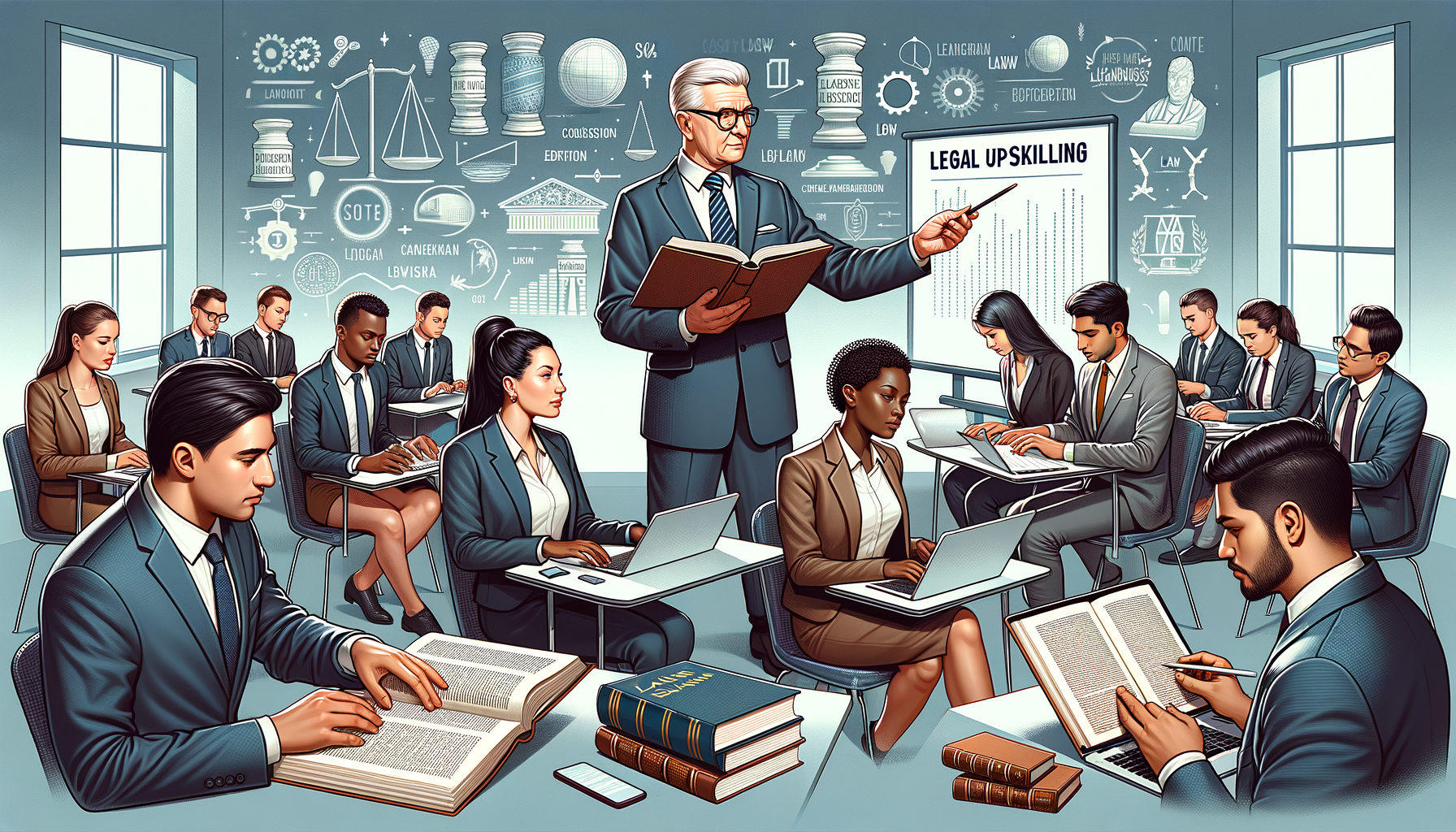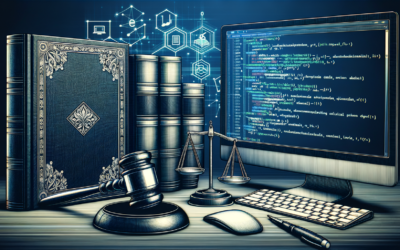Legal Upskilling
In the age of digital transformation, the legal sector is facing an inevitable revolution. Legal upskilling is a concept that can no longer be ignored. Legal professionals need to adapt, innovate and integrate new technologies into their daily practice.
What is Legal Upskilling?
Legal upskilling refers to the enrichment of skills and the acquisition of new capabilities by lawyers to meet the demands of an ever-changing legal environment. This involves continuous learning and integration of digital skills, legaltech knowledge, as well as an in-depth understanding of innovations such as blockchain orAI in corporate law.
Importance of Legal Upskilling in the legal sector
The urgency for law firms and corporate legal departments to integrate legal upskilling into their strategy is driven by rapidly changing legislation, customer pressure for more efficient and less costly service delivery, and the emergence of innovative solutions such as smart contracts.
The impact of technology
Technology has profoundly changed the way lawyers work. Platforms such as court automation and eDiscovery have become essential tools for optimizing case management and the search for relevant information. This requires skills that extend far beyond pure law.
Changing customer expectations
Customers expect innovative, fast and cost-effective legal solutions. Legal upskilling enables practitioners to offer services such as online legal consultations or predictive analytics provided by jurimetrics, which increase the added value of their services.
The need for continuous adaptation
Legislation and regulations are constantly evolving, underlining the importance of lawyers continuing their training and adapting to new standards, such as the requirements of RGPD compliance or legal cybersecurity.
How do I go about Legal Upskilling?
Specialized training and certification
To remain competitive, human resources in the legal field need to engage in continuous training and sometimes obtain specialized certifications such as those relating to Legal Project Management.
Interdisciplinary collaboration
Collaborating with experts in other fields-such as technology, finance or project management-is crucial to grasping the complexity of modern issues and offering multi-dimensional legal services.
Learning through innovation
Legal upskilling also involves learning by doing, with cutting-edge tools such as the automatic natural language processing offered by Legal Analytics, or digitization via legal cloud solutions.
Frequently asked questions
Here is a list of frequently asked questions for Legal upskilling:
Is Legal Upskilling purely technical?
No, while much of it is about learning new tools and technologies, legal upskilling also encompasses developing skills in management, communication and understanding the global ecosystem of legal innovation.
Why is it so urgent to get started?
Because the legal market is in competition with new entrants, often from the world of technology, who rely on agility and innovation to offer services at lower cost and with greater efficiency.
What impact does Legal Upskilling have on a lawyer’s career?
It opens the door to rewarding career opportunities, with the possibility of taking on roles as strategic advisors or project managers, and engaging in more dynamic and diversified legal practices.
This upskilling process is not only a necessity to meet today’s challenges, but also an opportunity to stand out from the crowd and prepare for the professional future of legal professionals in an ever-changing legal world.




